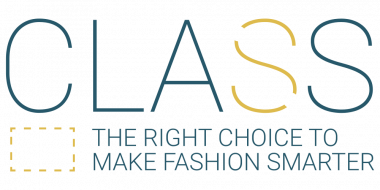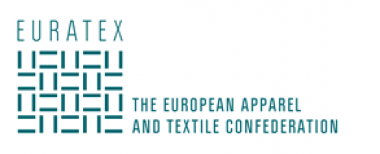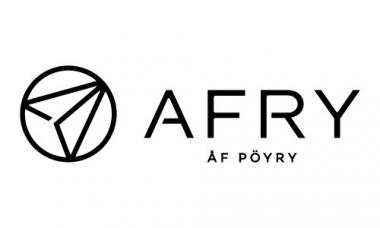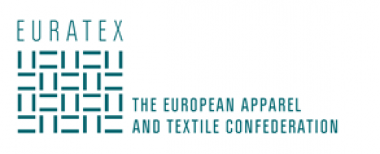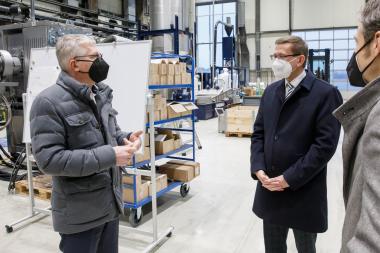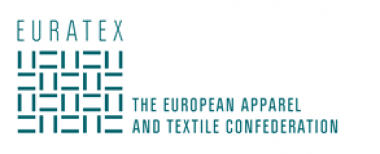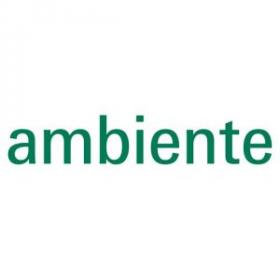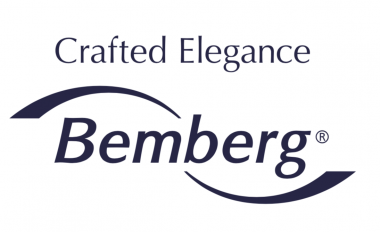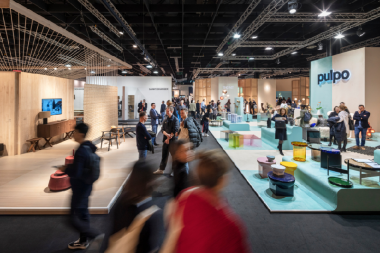C.L.A.S.S. will be at Filo to highlight the role of yarns in responsible innovation
The international eco-hub will be at Filo (23-24 February) with key partners such as Bemberg™ by Asahi Kasei, ROICA™ by Asahi Kasei, Ghezzi, Circular Systems™ and SUPREME GREEN COTTON® by Varvaressos to highlight the role of yarns in responsible innovation.
C.L.A.S.S. is ready for yet another moment dedicated to share and amplify its message of responsible innovation together with its key partners. The international eco-hub has been invited to attend the Filo fair with its own space in order to spread the word on the utmost importance of injecting innovation, sustainability and change starting from the very beginning of the supply chain.
“We are extremely pleased to be here at Filo, the fair for the very first and fundamental ingredient of fashion” Says Giusy Bettoni, Founder and CEO C.L.A.S.S. “We believe this is a valuable opportunity to share possibilities and chances to start a conscious and yet innovative fashion product by learning about the latest developments in smart yarns”.
C.L.A.S.S.


